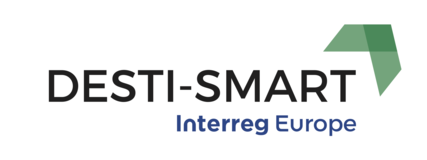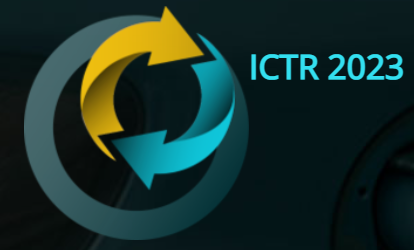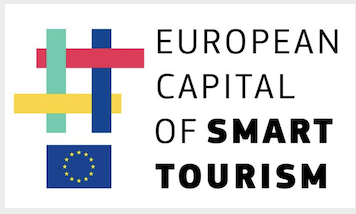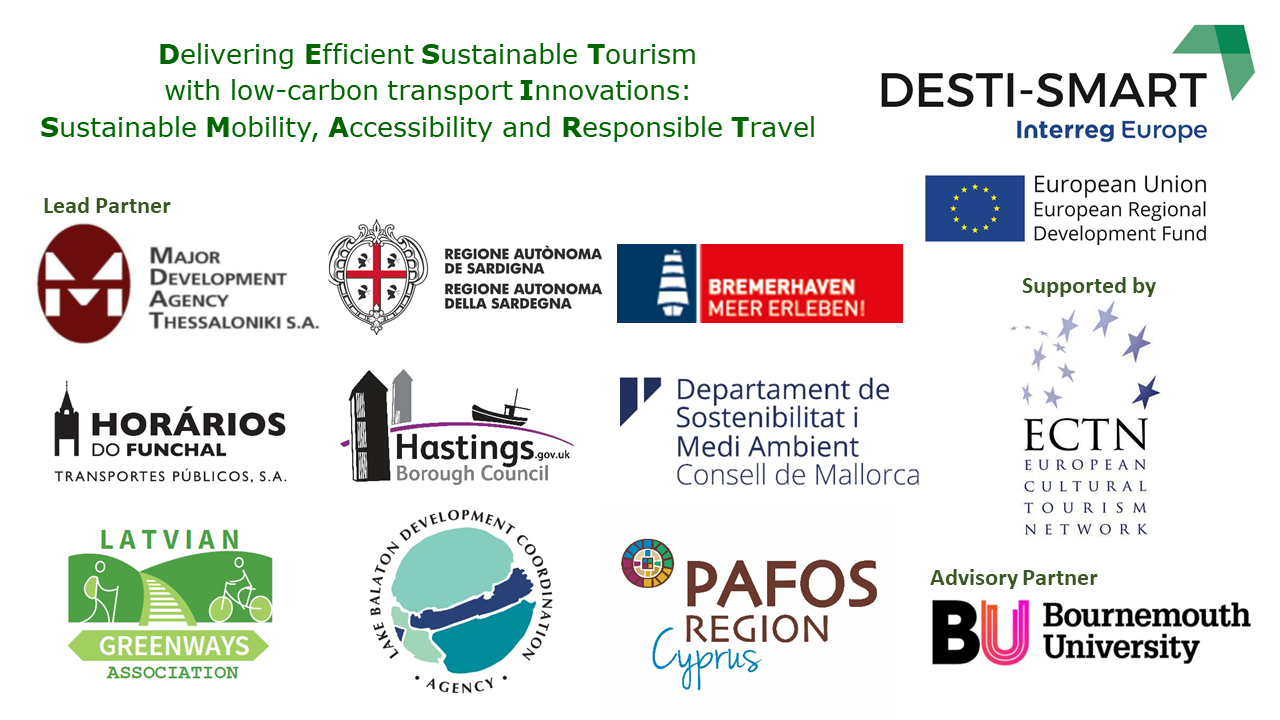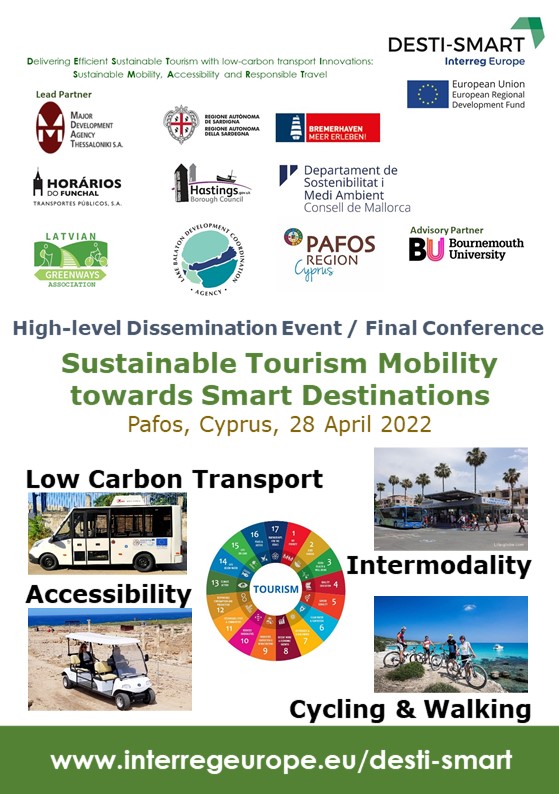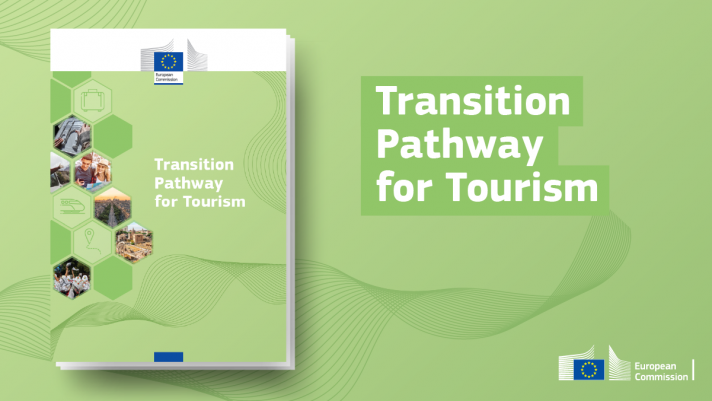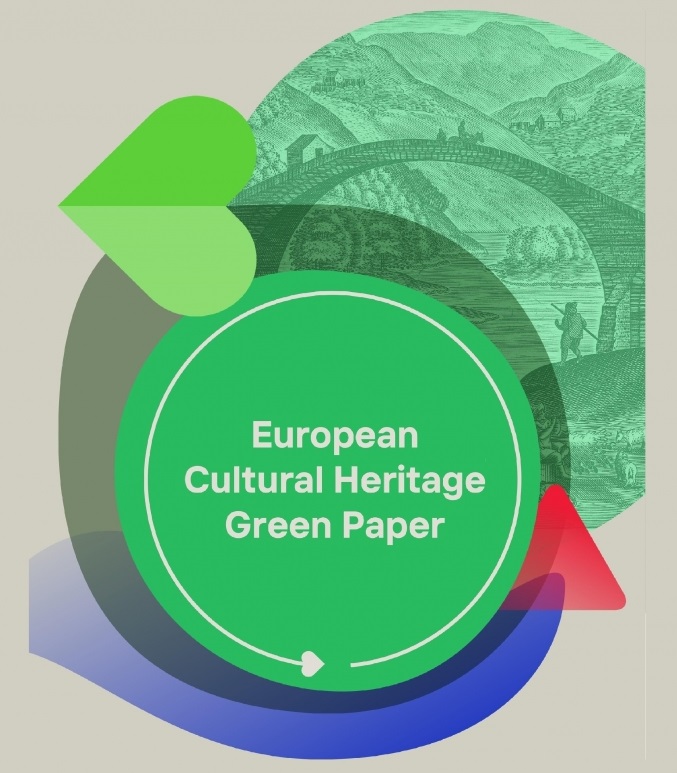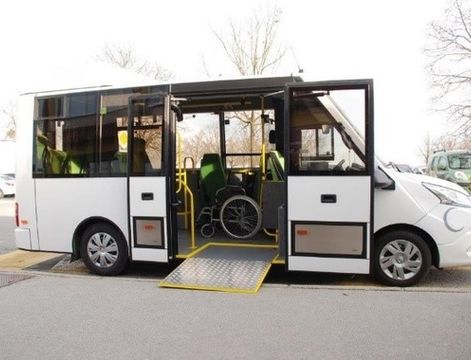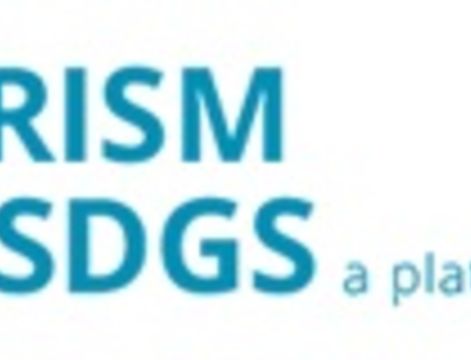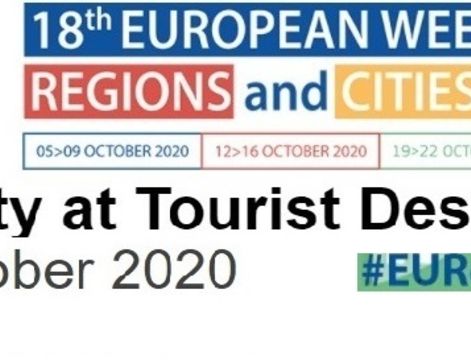On 17th January 2019, Horários do Funchal (HF) hosted the first Local Stakeholders Group meeting in Madeira, Portugal. The meeting had the active participation of 30 organizations from the tourism and transport sectors, municipalities and other regional bodies.

The event was the opportunity to present the project aims to the relevant stakeholders. In all cases, it was welcomed as the perfect opportunity to discuss the interconnection between mobility and tourism growth and tourism industry needs.
The first session had an interdisciplinary approach to mobility and tourism topics, lead with a mixed approach based on theoretical and practical methods. The session started with a brief presentation of the project context and main project axes (Low-carbon transport systems, intramodality, accessibility, and soft modes), followed by the presentation of the results of the tourist surveys, other information about mobility and tourism, referred to airport and port accesses in Madeira. The data presented and discussed were also collected and developed under CIVITAS DESTINATIONS project.
In two Groups, stakeholders carried out a guided brainstorm, in order to foster the awareness, the critical thinking and to promote active participation among all the participants. The activity allowed the Group to rethink, share and refine the raw concepts, strategies, and politics, considering their unique field of business.
After the brainstorming session, every Participant was encouraged to suggest problems and solutions, followed by an intensive and freewheeling group discussion. To finalize, a clustering activity allowed all the members to contribute to the gathering process of problems and proposed solutions
As result, it was possible to achieve a first and careful scrutiny about the critical topics to be addressed and deepen under the scope of the DESTI-SMART specific axes, at the regional and local level. Several issues were highlighted by the Group, namely: poor conditions of the existent accessibility infrastructures, insufficient governmental incentives for Electric Vehicles and inexistence of awareness campaigns about low-carbon transport modes. The Group also referred the lack of integration between the different transport modes in the region and the bad conditions of the roads for cyclists or existence of bike paths.
This first session was essential to assure a productive preparation, a good team work with the stakeholders and it raised the debate about project topics and define the basis and starting point for the next four thematic workshops with the Local Stakeholders Group. It was also, an opportunity to build the base of a relevant stakeholder group to promote active strategies at economic, regulation and political level.


Photos of the sessions. Red papers stick to the board highlight problems, white ones solutions.
